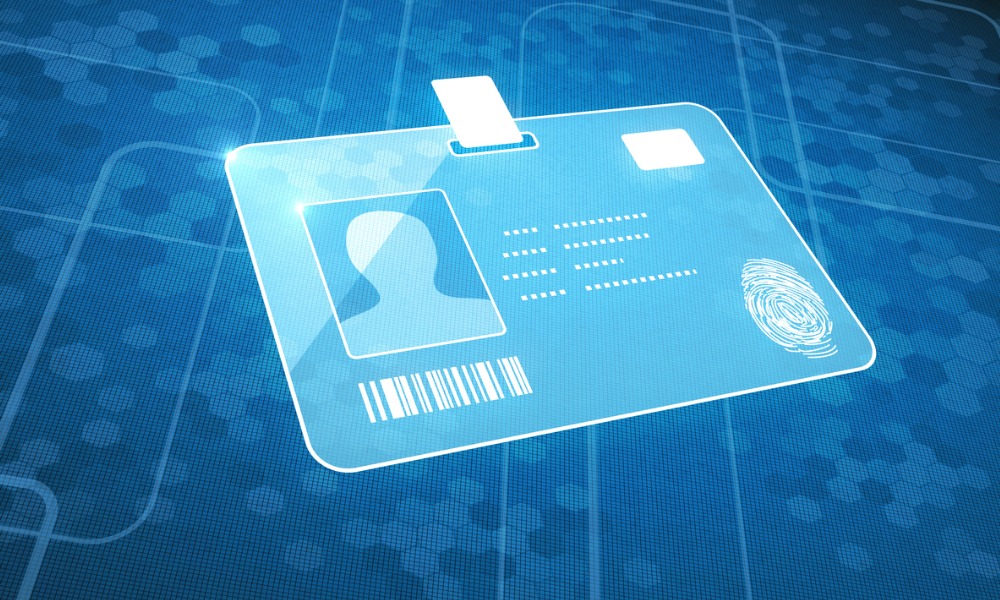The association believes that it will further protect Australians from cybercrime and scammers

The Australian Banking Association (ABA) has expressed its support for legislation that aims to expand Australia’s current digital identity system.
According to ABA CEO Anna Bligh, the voluntary nationwide digital ID will be an important tool that banks can use in order to further protect the privacy of Australians as well as their data.
“This will be another layer of protection available to Australians in situations where they verify their identity online, including when they are interacting with a bank,” said Bligh.
The “Digital ID Bill 2023” focuses on the creation of an economy-wide digital ID system in Australia, which will provide convenience for Australians when it comes to identification as well as reduce the need to retain documents that could be at risk of being breached.
Minister for Finance Katy Gallagher said in a speech that the “Digital ID (Transitional and Consequential Provisions) Bill 2023” will be supporting the principal bill through certain transitional arrangements as well as amendments to six acts.
“The bill that the government is introducing today sets out transitional and consequential arrangements that, together, ensure an orderly, efficient and fair transition to the new statutory framework under the Digital ID Bill 2023,” said Gallagher.
Bligh stated that the new legislation would allow Australians who wanted to use a digital ID to be able to open a bank account safely and conveniently in a matter of seconds. The improved security and identity verification brought by the legislation will also help banks prevent identity fraud and theft.
The digital ID will also make it so that firms will no longer need to store much personal information from Australians, which will lessen the risk of data breaches. It will also make it more difficult for scammers to open fake bank accounts.
“Its use by banks will also build on the work already underway across the industry to harden protections against scams through the new Scam-Safe Accord,” said Bligh.



